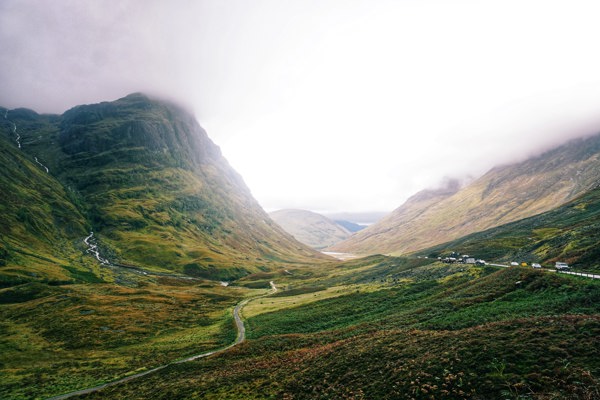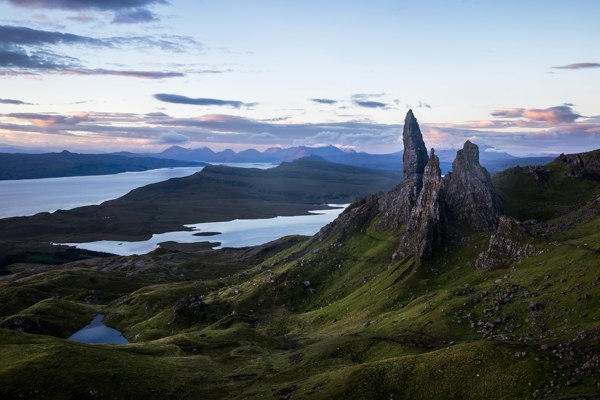
The theme for World Environment Day 2021 is "Ecosystem Restoration". Ecosystem restoration means taking action to bring our degraded ecosystems back to life and this year's World Environment Day will mark the formal launch of the UN's Decade on Ecosystem Restoration (2021-2030) to prevent and reverse the loss of global ecosystems. In the host country of Pakistan, this will include an ambitious afforestation effort to restore forests and plant trees through the "Ten Billion Tree Tsunami Programme".
With the aims of World Environment Day in mind, what opportunities are available to landowners in Scotland for ecosystem restoration?
Peatlands
Peatlands are an important feature of the Scottish landscape, covering over 20% of Scotland's land. These peatlands have the ability to store carbon, acting as natural carbon sinks. However, large sections of Scotland's peatlands are not in a healthy state due to drainage, overgrazing and burning and damaged peatlands can contribute to greenhouse gas emissions. The remediation of peatland has been identified as a source of offsetting greenhouse gas emissions as well presenting collateral benefits for agricultural production, enhancing biodiversity and improving water quality.
Landowners and land managers can apply for funding through NatureScot's Peatland ACTION Fund which supports the development of peatland restoration projects. Such funding will allow the economic benefits of peatland restoration to be realised, for example through employment and encouraging private sector investment through mechanisms such as the Peatland Code.
Forests and Woodlands
Scotland's forests and woodlands are an important resource of natural capital; economic activity associated with the production of timber and other wood fibre is an important part of the Sottish rural economy. In addition to this, forests and woodlands help mitigate the impact of climate change and access to green areas can have a positive impact on mental health.
Forestry Scotland offers financial support through its Forestry Grant Scheme in order to support the creation of new woodland and the sustainable management of existing woodland.
Freshwater
Rivers and other catchments are some of Scotland's most important assets. These provide habitats for wildlife and are resources for farming, drinking water and hydroelectricity. As with other natural resources, rivers have become damaged through human activity.
The Water Environment Fund by the Scottish Environment Protection Agency provides funding towards projects which improve rivers, streams, lochs, wetland areas and coast areas across Scotland where historical activities have left them damaged.
Rewilding
Scotland is home to wild natural beauty which draws in visitors from across the world, however over time parts of Scotland's landscapes have been lost.
Owners of large estates in Scotland have pioneered rewilding projects, which restore natural plant and tree species and reintroduce threatened animal populations. Whilst rewilding projects can be a source of controversy, rewilding projects such as the Alladale Wilderness Reserve, the Glen Affric Estate and Dundreggan Estate have brought about economic and health benefits in addition to their positive environmental impacts.
The theme of this year's World Environment Day will hopefully promote greater awareness of the importance of restoring and enhancing Scotland's degraded ecosystems and the availability of funding and opportunities to do so.


